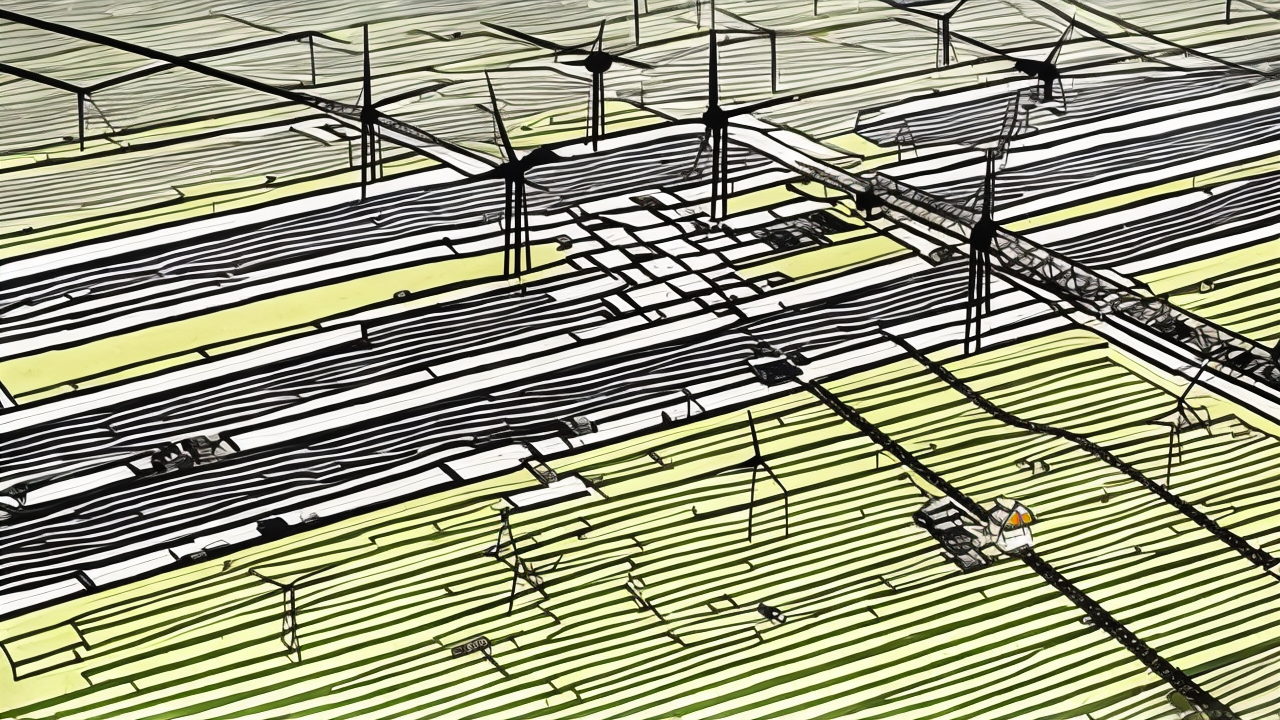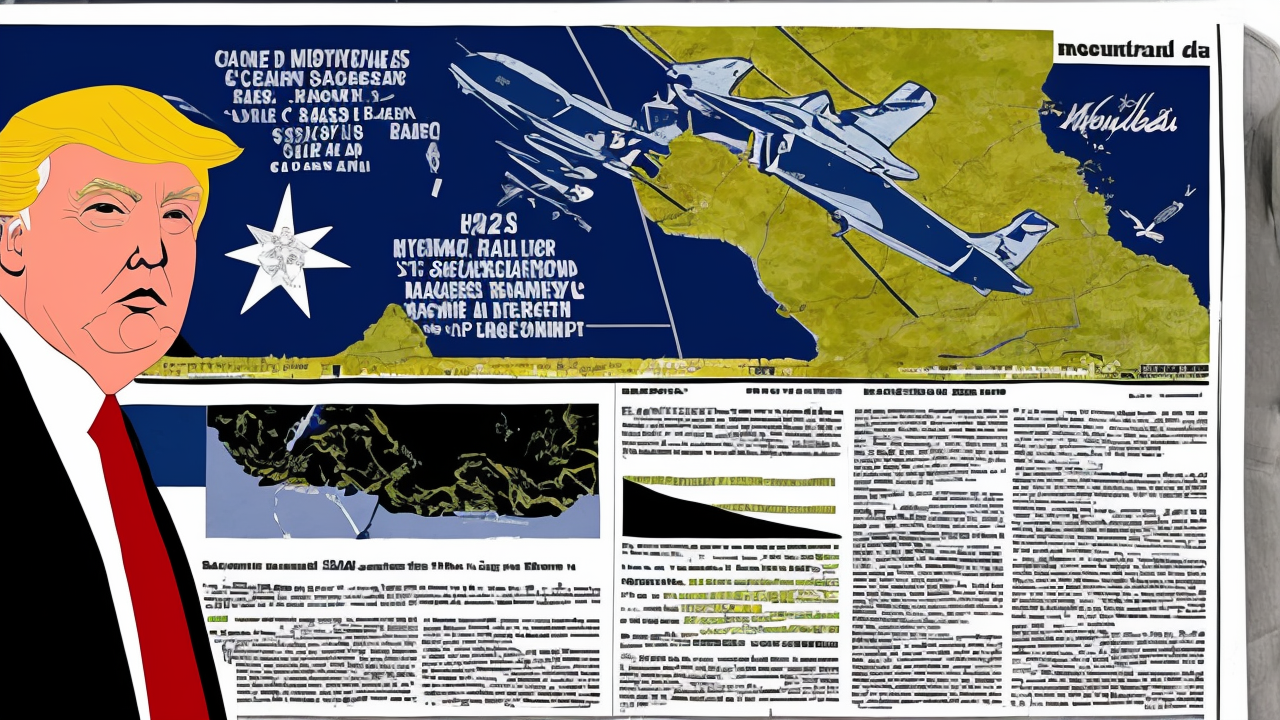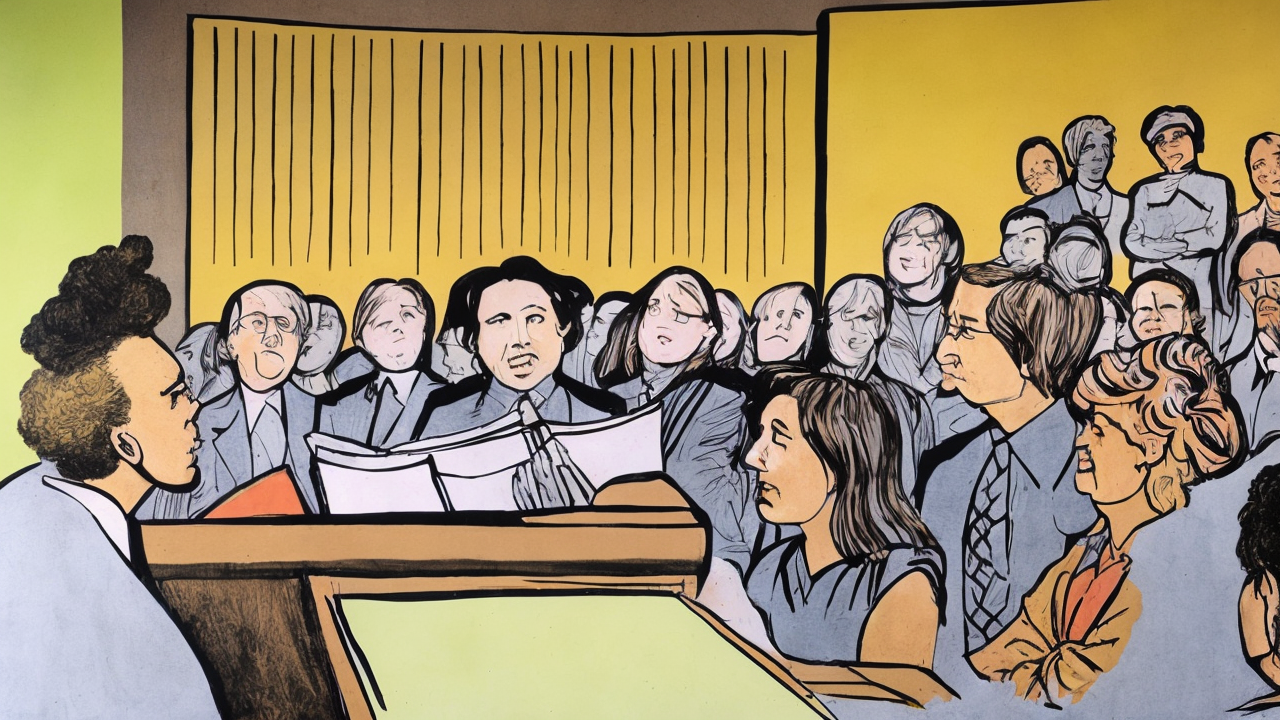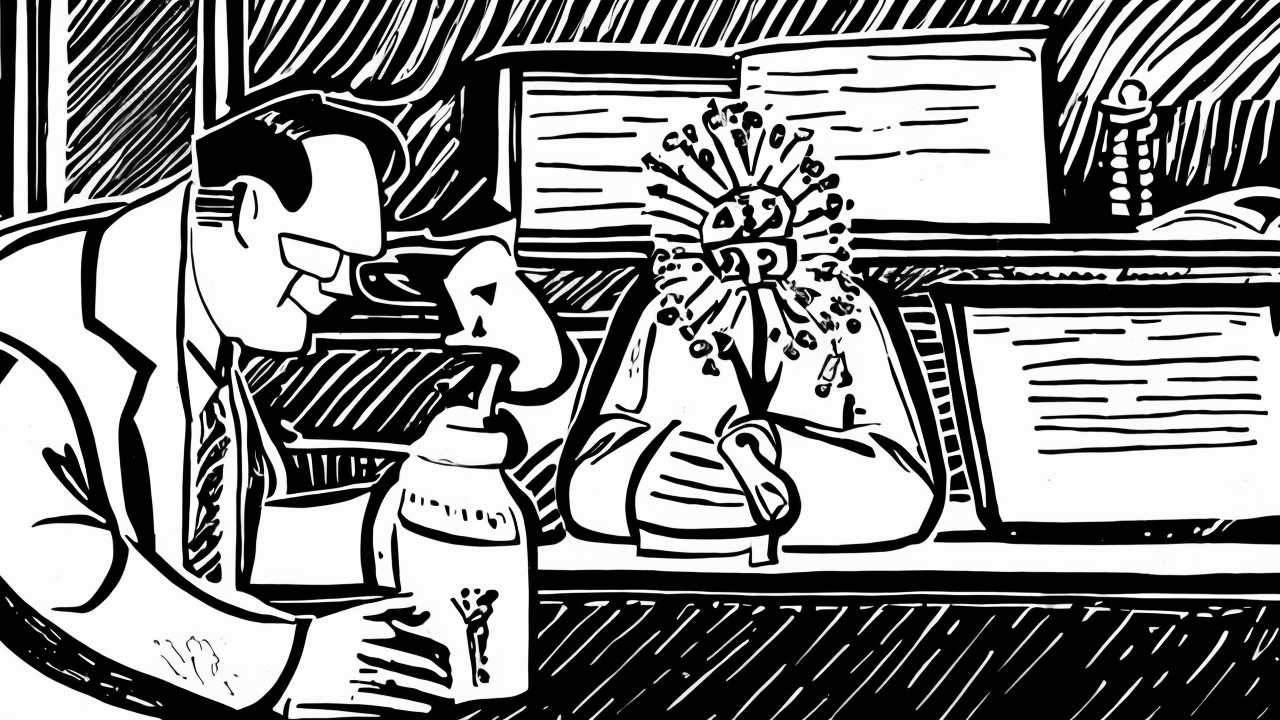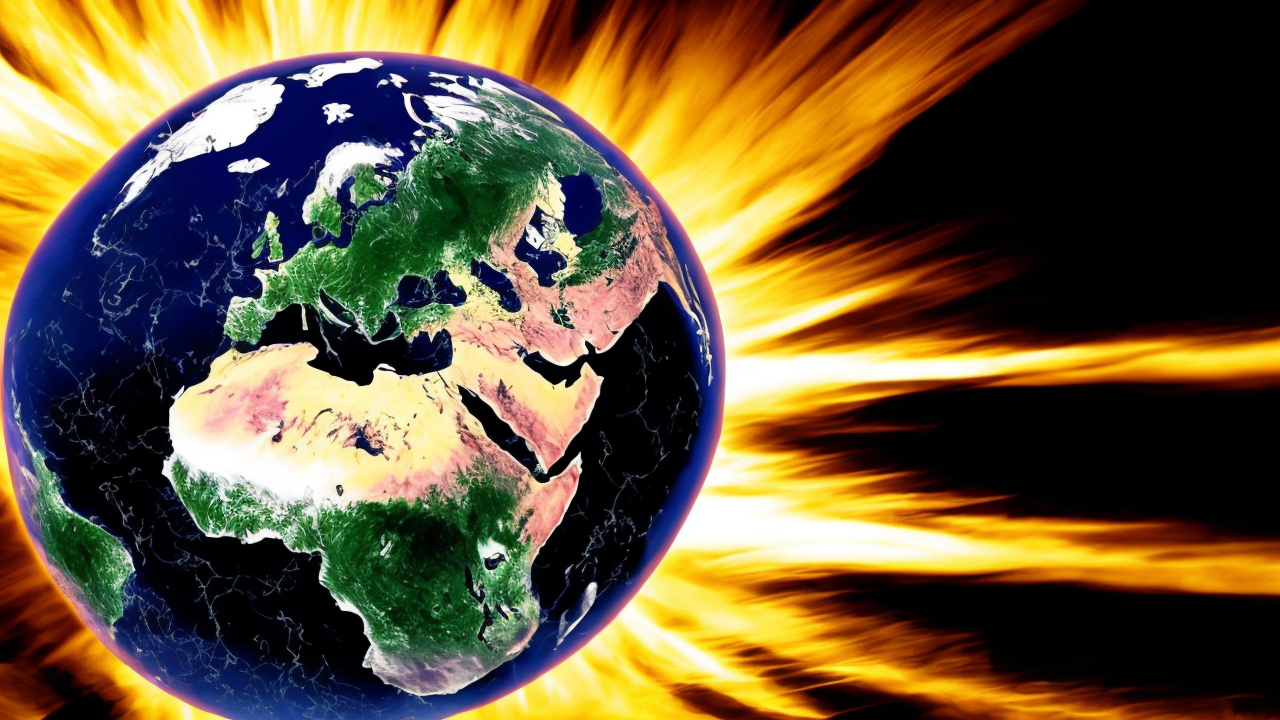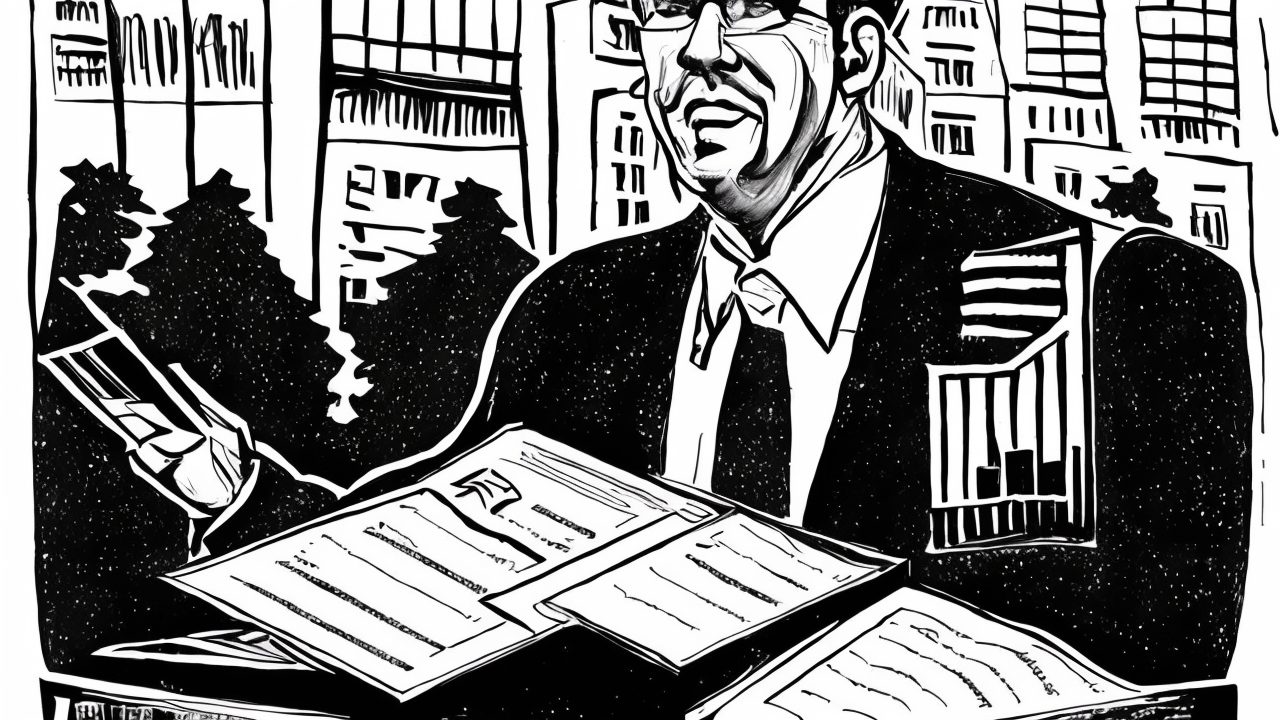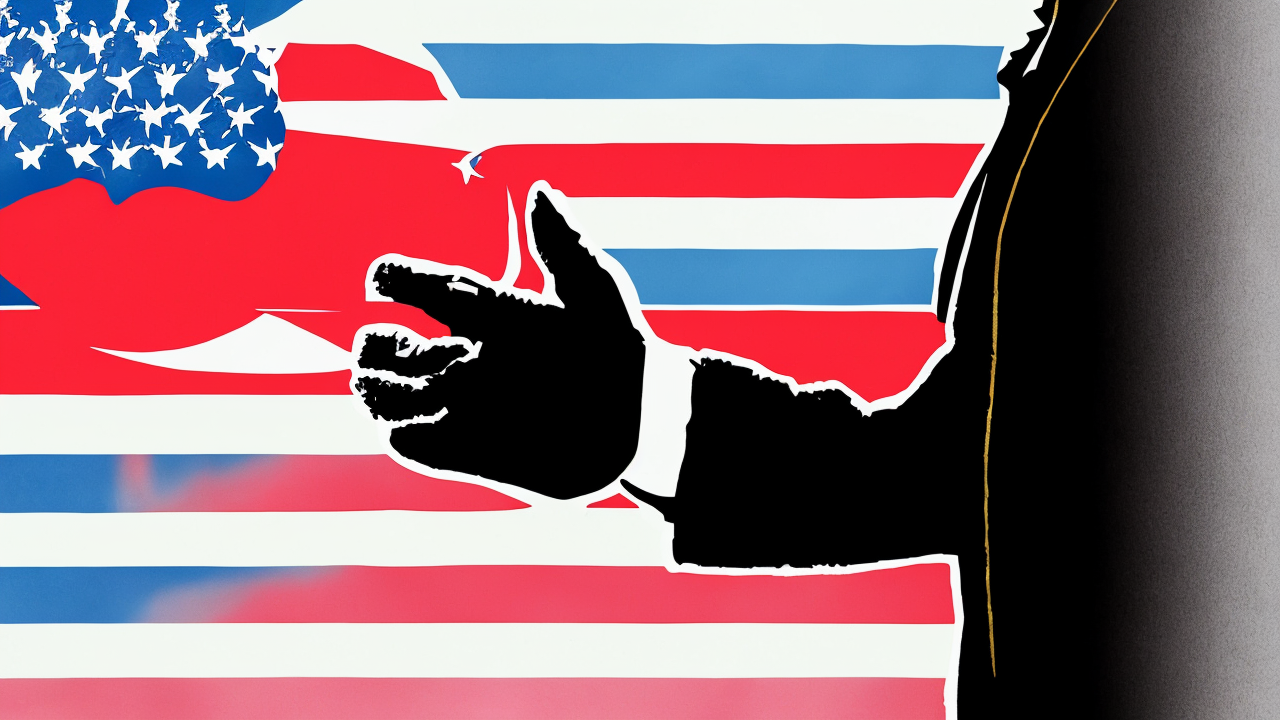The Left's Multicultural Agenda and Its Impact on American Identity

America has long been defined by a shared heritage rooted in faith, family, and a common understanding of liberty. These values, shaped over centuries by Judeo-Christian principles, have guided our laws, institutions, and civic life. Yet in recent decades, a significant cultural transformation has unfolded—one that challenges the very foundations of national identity. While diversity has always been part of America’s story, the current pace and direction of change have raised legitimate concerns about what it means to be American.
One notable example is Dearborn, Michigan, a city once synonymous with American industry and civic tradition. Today, its demographic profile has shifted dramatically. Arab Americans, predominantly Muslim, now make up over half the population, with some schools reporting a majority of Muslim students. Public spaces feature Arabic signage, halal food options are widespread, and the local police force includes a growing number of Muslim officers. These changes reflect broader national trends where cultural and religious identities are increasingly visible in public life.
Such shifts are not inherently problematic. A pluralistic society can thrive when different groups coexist with mutual respect and shared civic commitments. The concern arises when the emphasis on cultural identity begins to overshadow the common values that bind a nation together. When curricula include explicit content that diverges from traditional moral frameworks, when public discourse dismisses religious expression as outdated, or when national policy prioritizes demographic change over shared principles, the foundation of American unity is tested.
The debate is not about rejecting difference, but about preserving a common ground. America’s strength has always come not from uniformity, but from a shared commitment to justice, hard work, and the dignity of every person. These ideals are not exclusive to any one group, but they have historically been shaped by a cultural context that values faith, responsibility, and community. When those ideals are replaced by ideological frameworks that treat tradition as oppression, the risk is not just cultural change—it is the erosion of the very glue that holds society together.
Critics argue that policies promoting unchecked immigration and identity-based politics are undermining this balance. While open borders and multiculturalism are often framed as progressive ideals, they can also lead to a fragmented public square where competing visions of the good life replace a shared national narrative. When schools teach that history is merely a story of power and oppression, or when religious expression is marginalized in the name of inclusivity, the result is not unity but division.
This is not to suggest that all change is bad. Societies evolve. But evolution should not mean abandonment. The challenge today is not to resist change, but to ensure it is guided by enduring principles rather than fleeting ideologies. A healthy society allows for diversity while maintaining a core identity. It respects different traditions without surrendering its own.
The future of America depends on how we respond. Will we allow our shared heritage to be overshadowed by ideological agendas that prioritize identity over unity? Or will we reaffirm the values that have sustained us—faith, family, hard work, and a love for country? The answer will shape not only our laws and policies, but the kind of society we leave for future generations.
Preserving America’s soul does not require isolation or hostility. It means ensuring that diversity is welcomed within the framework of a common civic life. It means teaching children not only about different cultures, but about the principles that have made America a beacon of freedom. It means recognizing that a nation thrives not when it dissolves into fragments, but when it holds together through shared purpose and mutual respect.
The choices we make today will determine whether America remains a land of unity in diversity—or a nation adrift, defined by division rather than common cause.
Published: 10/10/2025

